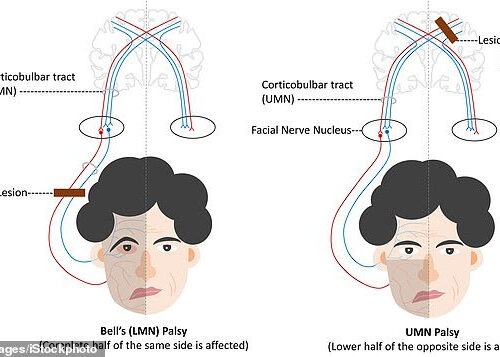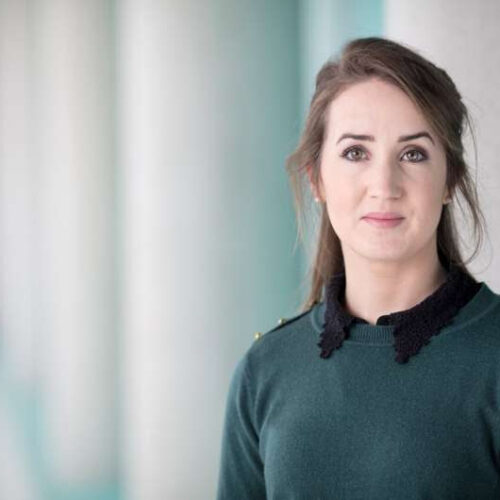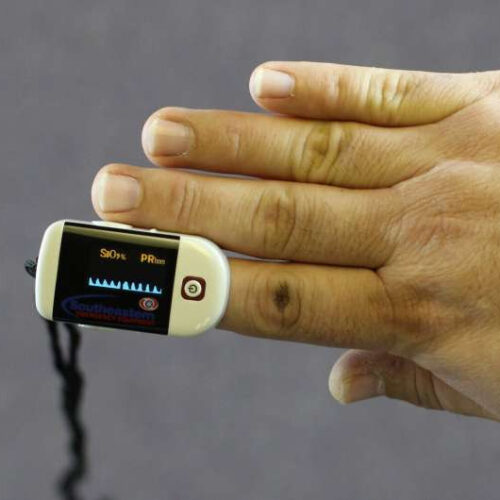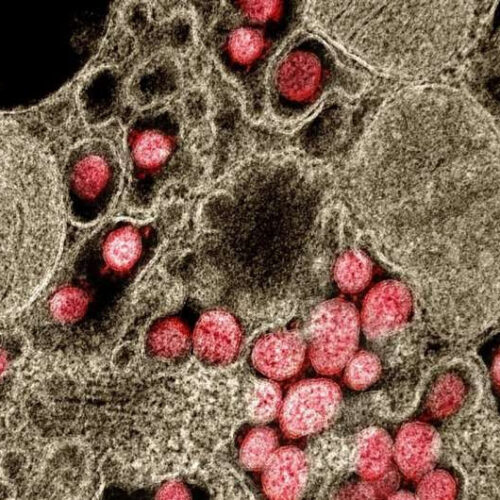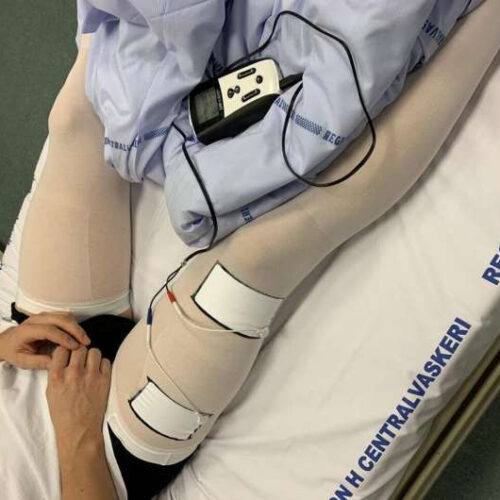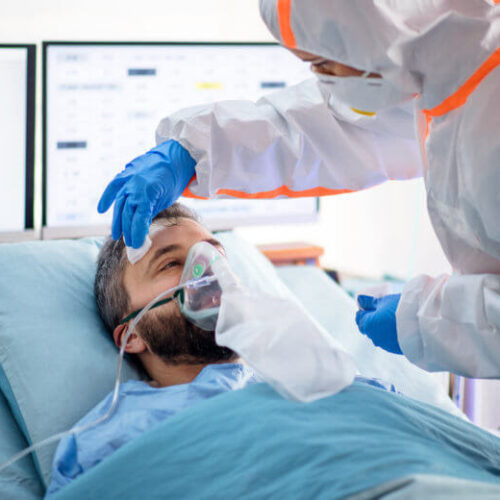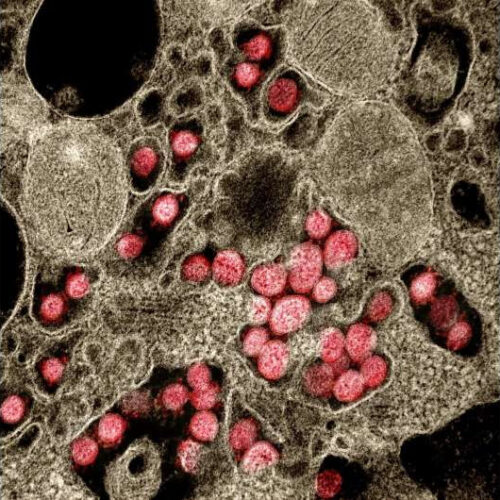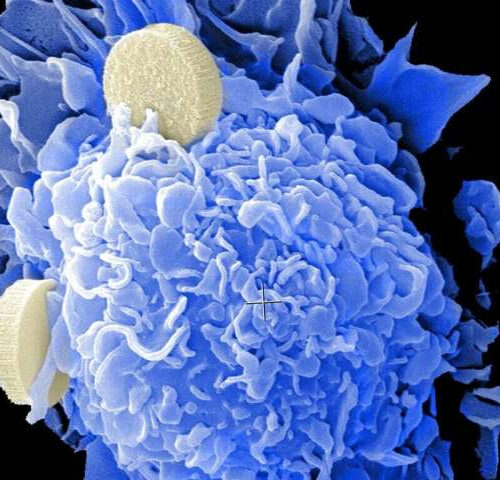By BETSY LADYZHETS FOR DAILYMAIL.COM PUBLISHED: 11:01 EDT, 24 June 2021 | UPDATED: 11:02 EDT, 24 June 2021 Bell’s palsy has been reported as a rare side effect of COVID-19 vaccines, but it is actually more common in those who get sick with the disease, a new study finds. Researchers at University Hospitals Cleveland Medical Center and Case Western Reserve...
Tag: <span>COVID-19 patients</span>
Researchers identify why COVID-19 patients develop life-threatening clots
by RCSI University of Medicine and Health Sciences Dr. Jamie O’Sullivan, the study’s corresponding author and research lecturer within the Irish Centre for Vascular Biology at RCSI. Credit: RCSI University of Medicine and Health Sciences Scientists have identified how and why some COVID-19 patients can develop life-threatening clots, which could lead to targeted therapies that...
Non-altered birth cord cells boost survival of critically ill COVID-19 patients
ALPHAMED PRESS IMAGE: ISMAIL HADISOEBROTO DILOGO, PROFESSOR OF MEDICINE AT CIPTO MANGUNKUSUMO CENTRAL HOSPITAL-UNIVERSITAS INDONESIA, CORRESPONDING AUTHOR OF THE STUDY. CREDIT: ALPHAMED PRESS Durham, NC – Critically ill COVID-19 patients treated with non-altered stem cells from umbilical cord connective tissue were more than twice as likely to survive as those who did not have the...
New study may help explain low oxygen levels in COVID-19 patients
by Ryan O’byrne, University of Alberta Faculty of Medicine & Dentistry Credit: Pixabay/CC0 Public Domain A new study published in the journal Stem Cell Reports by University of Alberta researchers is shedding light on why many COVID-19 patients, even those not in the hospital, are suffering from hypoxia—a potentially dangerous condition in which there is decreased...
Many COVID-19 patients produce immune responses against their body’s tissues or organs
by University of Birmingham Transmission electron micrograph of SARS-CoV-2 virus particles isolated from a patient. Credit: NIAID A University of Birmingham-led study funded by the UK Coronavirus Immunology Consortium has found that many patients with COVID-19 produce immune responses against their body’s own tissues or organs. COVID-19 has been associated with a variety of unexpected symptoms,...
Danish invention preserves muscle mass in COVID-19 patients
by Aarhus University Electronic support stockings tested on hospitalized COVID patients. Credit: Bispebjerg Hospital A research group from Aarhus University has developed a special biocompatible electrode for electrical muscle stimulation that the group has integrated and 3D-printed onto medical support stockings. In the winter 2020/2021, the stockings were tested on hospitalized COVID patients. The studies were completed in...
Nearly half of COVID-19 patients leave hospitals in ‘worse condition’ than they arrived
MAY 27, 2021 by Chris Melore ANN ARBOR, Mich. — It’s safe to say most people can agree hospitals are places where people go to feel better. During the coronavirus pandemic however, a new study reveals about half of all COVID patients are actually leaving hospitals in worse shape than when they entered. In another case...
Study finds similar long-term outcomes for mechanically-ventilated COVID-19 patients
by American Association for Thoracic Surgery Transmission electron micrograph of SARS-CoV-2 virus particles isolated from a patient. Credit: NIAID A new study, presented today at the AATS 101st Annual Meeting, found that severely ill COVID-19 patients treated with ECMO did not suffer worse long-term outcomes than other mechanically-ventilated patients. The multidisciplinary team included cardio thoracic...
A new treatment that might keep COVID-19 patients off the ventilator
OHIO STATE UNIVERSITY COLUMBUS, Ohio – A new treatment is among the first known to reduce the severity of acute respiratory distress syndrome caused by the flu in animals, according to a new study. Tests in mice infected with high doses of influenza showed that the treatment could improve lung function in very sick mice...
High dose of vitamin D fails to improve condition of moderate to severe COVID-19 patients
by Karina Toledo, FAPESP The supplementation of vitamin D3 did not reduce length of stay or affect the proportion requiring intensive care. Credit: Rosa Pereira Can a high dose of vitamin D administered on admission to hospital improve the condition of patients with moderate or severe COVID-19? The answer is no, according to a Brazilian study...

